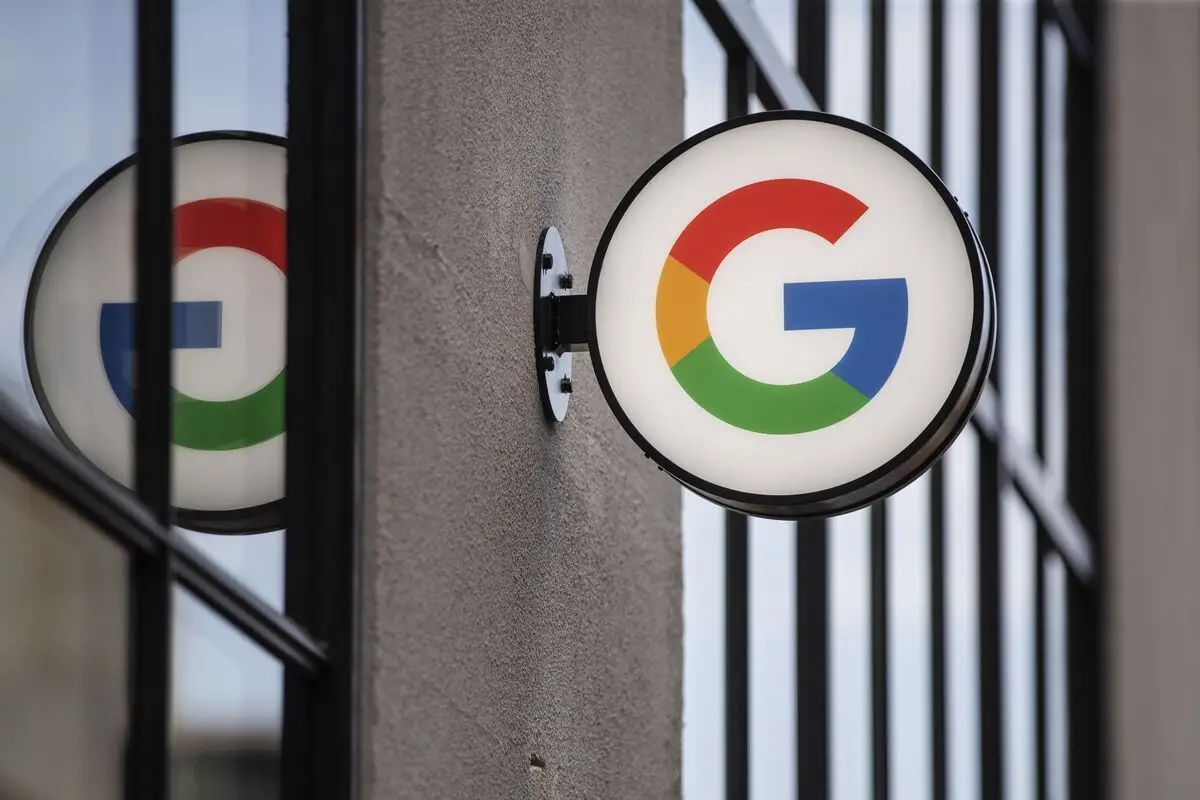Equities
Google Moves to Dismiss Ad Tech Case, Cites Market Misdefinition
Google seeks dismissal of DOJ's antitrust case, arguing the market definition unfairly excludes competitors like Facebook and Amazon.
By Mackenzie Crow
ᐧ

Key Takeaway
- Google seeks dismissal of the antitrust lawsuit, arguing the Justice Department's market definition unfairly excludes competitors like Facebook and Amazon.
- The lawsuit accuses Google of monopolizing ad tech, harming competition by favoring its services and disadvantaging rivals.
- Google disputes monopoly claims, stating its market share doesn't meet the 70% threshold for monopoly under law, contrasting with DOJ's 50% estimate.
Google Challenges Antitrust Lawsuit
Alphabet Inc.'s Google has formally requested a judge to dismiss the antitrust lawsuit brought against it by the Justice Department, which accuses the company of monopolizing online advertising technology. Google's defense argues that the lawsuit is based on a contrived market definition that unfairly excludes significant competitors. According to a recent court filing, Google contends that the Justice Department has crafted a market specifically for this litigation that does not accurately reflect the competitive landscape of online advertising.
Google's argument emphasizes the exclusion of major players such as Meta Platforms Inc.'s Facebook and Instagram, Amazon.com Inc., and ByteDance Ltd.'s TikTok from the market definition. These entities, Google asserts, are direct competitors in the online and app-based advertising arenas, challenging the notion that Google holds a monopolistic position. The company is seeking summary judgment, a legal decision that would resolve the case in its favor without proceeding to trial.
The Basis of the Lawsuit
The Justice Department, alongside a coalition of state attorneys general, initiated legal action against Google last year, alleging that the company has unlawfully monopolized the market for online advertising technology. This lawsuit follows a separate legal challenge filed in 2020 by Texas and other states, which also accuses Google of similar antitrust violations. Central to these allegations is the claim that Google's dominance in ad tech enables it to extract a significant portion of advertising expenditures, purportedly retaining at least $0.30 of every dollar spent through its advertising tools.
Accusations against Google include favoring its own advertising services by misusing information about competitors' bids for ad space and disadvantaging other advertising exchanges by directing more advertising bids to its platforms. These actions, the lawsuits allege, have stifled competition and harmed the broader online advertising ecosystem.
Market Share and Monopoly Threshold
In its defense, Google challenges the assertion that it holds a monopolistic share of the online advertising market. The company references previous legal precedents, suggesting that a firm must control at least 70% of a market to be considered a monopoly under the law. Google cites its analysis and previous case law to argue that, even within the narrowly defined market alleged by the Justice Department, its market share does not reach this threshold. The Justice Department's complaint had estimated Google's control over the advertising exchange market at approximately 50%, a figure that Google implies falls short of the legal standard for monopoly designation.
Finance GPT
beta








